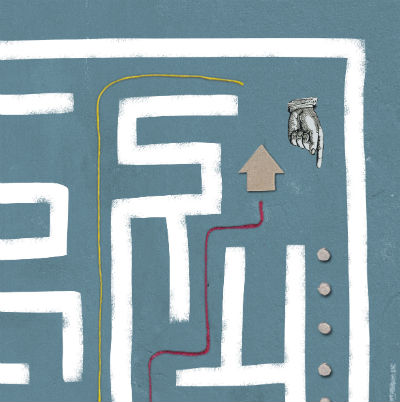Submitted by crinadmin on
This report is part of CRIN's access to justice for children project, looking at the status of the CRC in national law, the status of children involved in legal proceedings, the legal means to challenge violations of children’s rights and the practical considerations involved in challenging violations.
The CRC is not incorporated into the domestic law of the United Kingdom and cannot be directly enforced in the courts. However, national laws are interpreted in line with the CRC where possible, and it is widely referred to as a source of persuasive value in court decisions. National courts may decide in cases alleging violations of one of the rights guaranteed by the European Convention on Human Rights, which has been incorporated through the Human Rights Act 1998. However, not all of the rights contained in the CRC are found in the European Convention.
In England and Wales, children are entitled to initiate and participate in court proceedings through their “litigation friend”. Where the court is satisfied that the child has sufficient understanding, the child may act in person in any proceedings. Legal Aid is available to children in most circumstances, and there is also a well-established national system of pro-bono services.
In Scotland, children over the age of 16 have full legal capacity, but children under that age may bring cases independently if the court finds they have sufficient understanding. In other cases, the child’s parent or guardian would typically need to bring the case on the child’s behalf as a “litigation friend”. Legal aid is available to children and eligibility is determined on financial grounds. A distinct feature of the Scottish legal system is the operation of children’s hearings, which cover all children under the age of 16 who may need some form of compulsory intervention.
In Northern Ireland, cases on behalf of children must generally be brought by a “next friend”. In family court proceedings, however, children can request that they be allowed to bring the case independently. Legal aid is available and allocated on the basis of a ‘means test’ and a ‘merits test’. The Northern Ireland Commissioner for Children and Young People is also empowered to receive complaints and bring and intervene in cases of children’s rights violations.
Download the full reports for England and Wales, Scotland and Northern Ireland.

